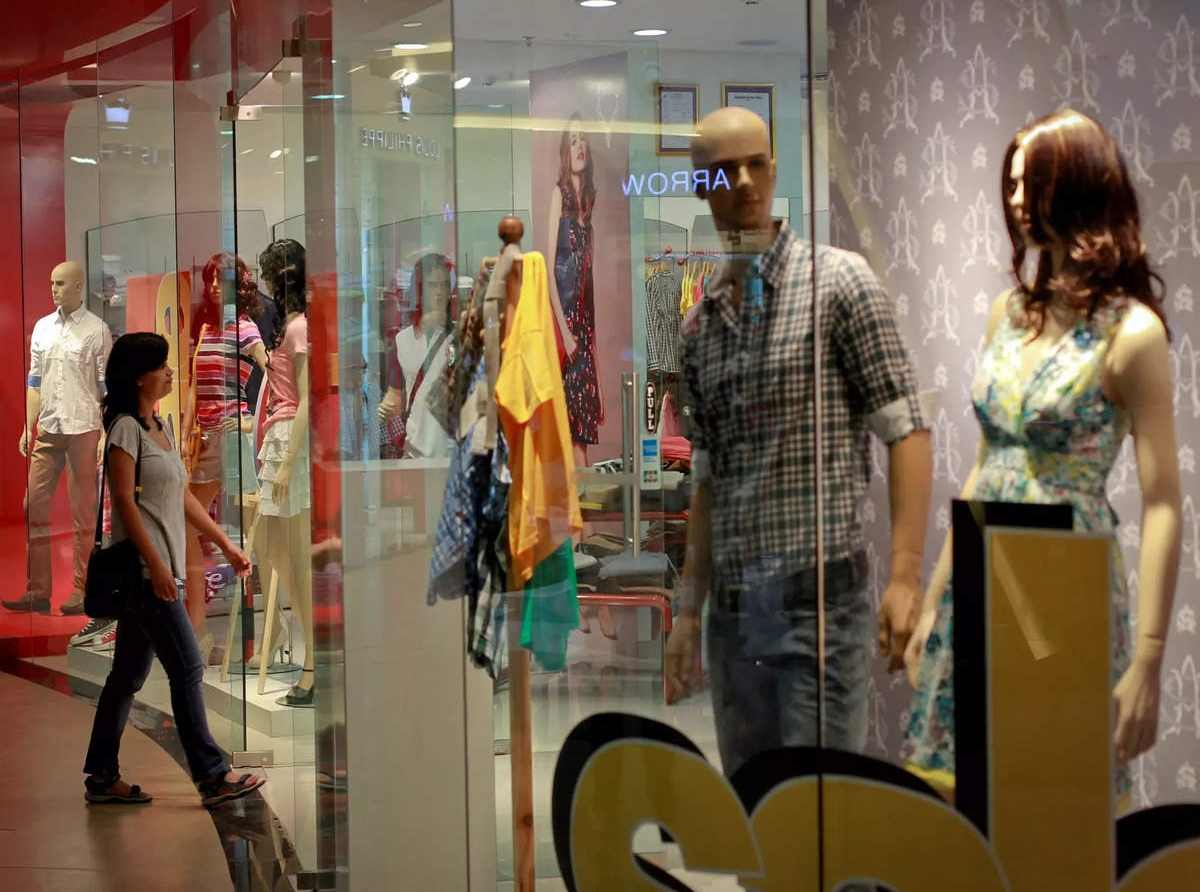End of Revenge Shopping: India's retail giants battered by slow consumer demand

13 August 2024, Mumbai
The euphoria of India’s post-pandemic ‘revenge shopping’ spree appears to be waning, as leading retail chains grapple with a prolonged slowdown in consumer spending. Key players like Reliance Retail, Shoppers Stop, and Spencer’s Retail are responding to the downturn by scaling back operations, incurring debt, and tightening their belts.
Store closures on the rise
The extended election season and scorching heatwaves of the past quarter have exacerbated an already sluggish consumption landscape that has persisted for over 18 months. Retailers, wstore closureho aggressively expanded their store networks to capitalize on the pent-up demand following lockdowns, are now forced to recalibrate their strategies.
Reliance Retail, India’s retail behemoth, offers a stark illustration of the industry’s predicament. The company closed 249 stores in the June quarter, a significant departure from the 470-800 new stores opened annually in the preceding three fiscal years. This marks the lowest net store additions in 15 quarters, signalling a cautious approach to expansion.
Spencer’s Retail has taken even more drastic measures, announcing its complete withdrawal from the North and South Indian markets. The closure of 49 stores in the NCR, Andhra Pradesh, and Telangana will result in a revenue loss of Rs 490 crore but is expected to bolster profitability.
Shoppers Stop, another major player, has also expressed concerns about the soft demand environment. CEO Kavindra Mishra indicated that the company may defer some store openings and has sought to raise Rs 100 crore to fund expansion amidst challenging conditions.
V-Mart Retail has joined the ranks of retailers retrenching, with 22 store closures in the first half of 2024. Devangshu Dutta, CEO of retail consulting firm Third Eyesight, attributes this trend to the rationalization of underperforming outlets in response to demand stress. As per him, demand forecasting is inherently imperfect due to the time lag between assessment and supply. Retailers are prioritizing the swift closure of unprofitable stores. While this was once seen as a prestige issue, it is now accepted as a matter of pure economics.
Sluggish consumption
The post-pandemic surge in consumer spending, pushed up by pent-up demand and a desire to make up for lost time, has clearly subsided. Reliance Retail’s June quarter results reflect this shift, with net profit increasing by a modest 4.6 per cent to Rs 2,549 crore and revenue growing by 6.6per cent to Rs 66,260 crore. These figures represent a deceleration compared to the previous quarter.
Reliance Retail CFO Dinesh Taluja acknowledged the tepid discretionary spending in categories like fashion and lifestyle. Spencer’s Retail CEO Anuj Singh emphasized the need to reduce overheads by closing unprofitable stores and streamlining operations. Shoppers Stop’s Mishra cited factors such as fewer wedding dates, the election season, heatwaves, and persistent inflation as contributors to the subdued demand.
The data is unequivocal. Many retail chains are closing more stores than they open. Pantaloons, Spencer’s Retail, Nature’s Basket, V-Mart Retail, W, Aurelia, and Titan Eye+ are among those that have experienced a higher rate of store closures in the March quarter.
As the Indian retail landscape evolves, the focus has shifted from rapid expansion to operational efficiency and profitability. The days of unbridled optimism about revenge shopping appear to be over, forcing retailers to adapt to a new reality characterized by cautious consumer spending and a more challenging business environment.
Latest Publications

































